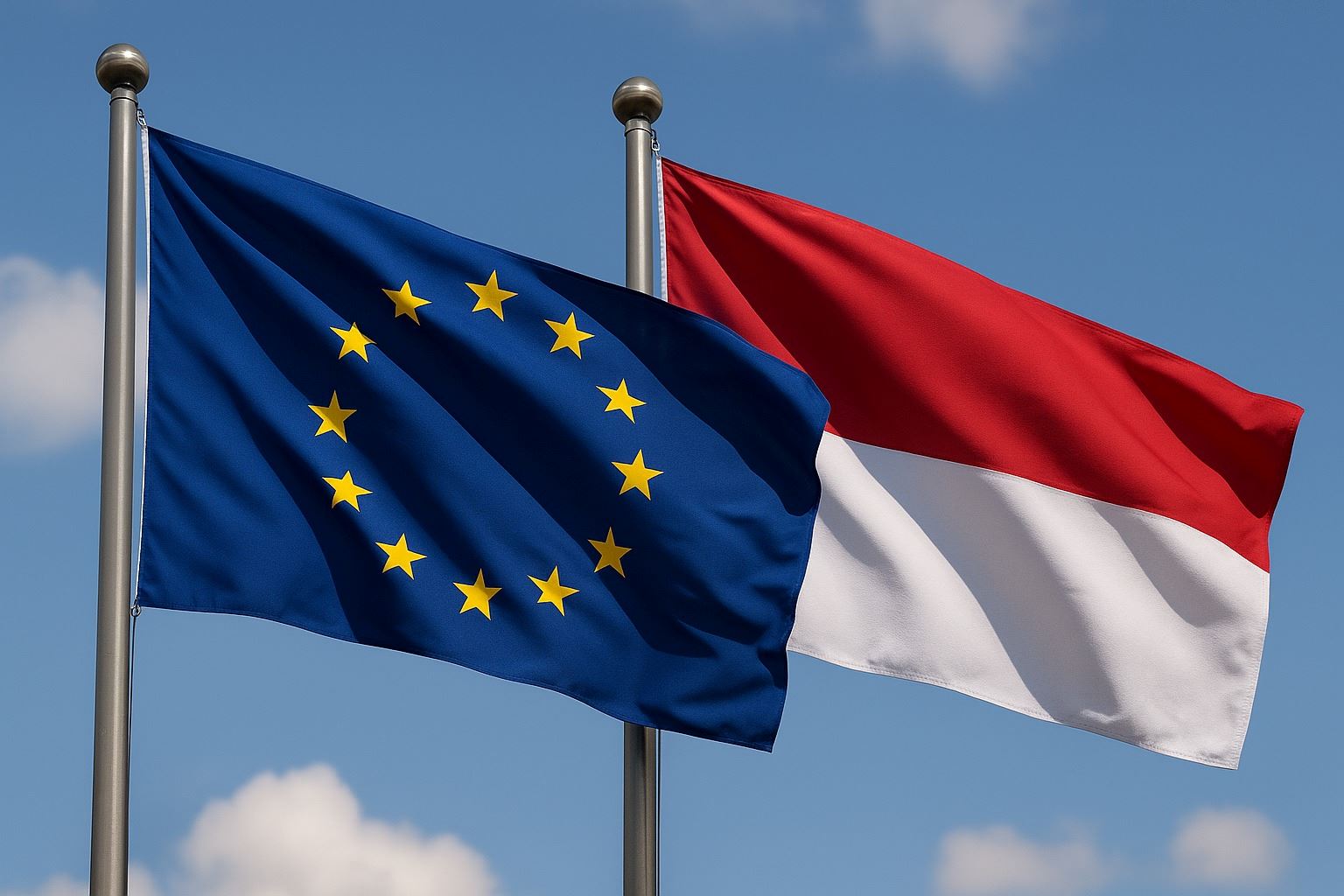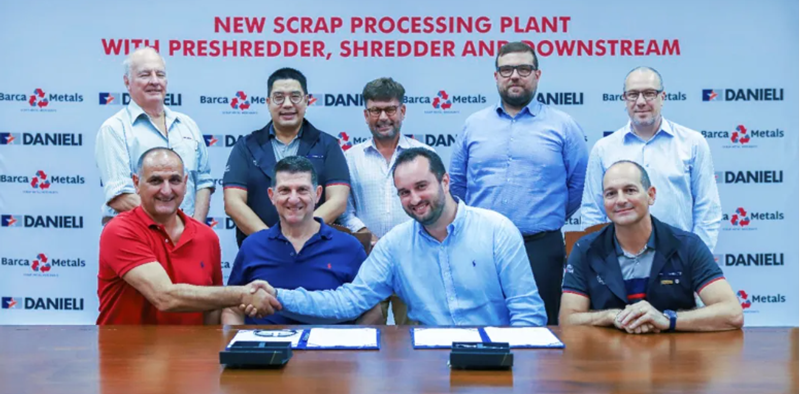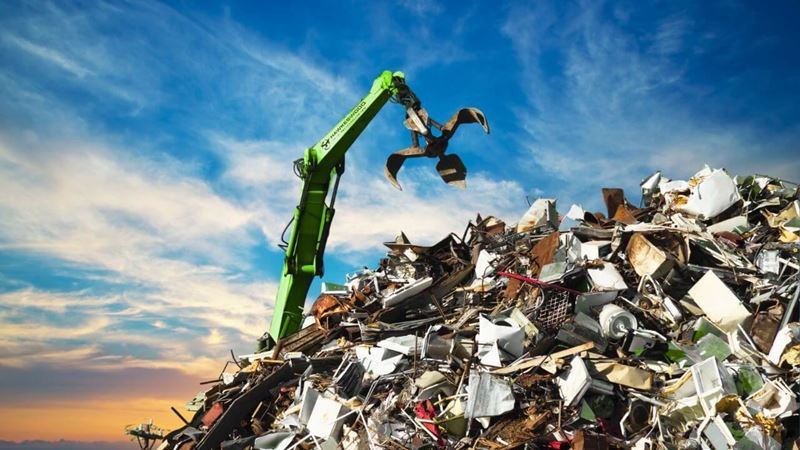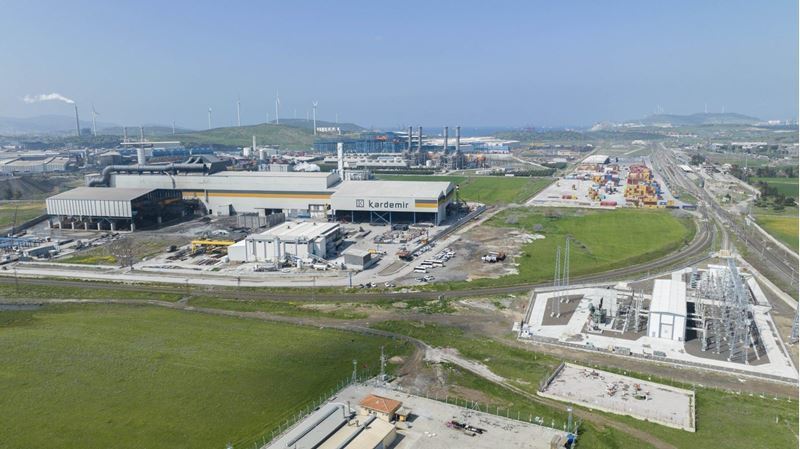After the political agreement reached on 13 July between European Commission President Ursula von der Leyen and Indonesian President Prabowo Subianto, the process was formalized on 23 September 2025. The negotiations on the EU side were led by Commissioner for Trade and Economic Security Maroš Šefčovič. While Brussels celebrates this historic milestone in Indonesia, it continues to engage with European and Indonesian companies to support the approval process and the subsequent steps.
European Commission President Ursula von der Leyen stated: "We have committed to doubling diversification and partnerships to further support employment and increase growth in the EU. The agreement with Indonesia creates new opportunities for businesses and farmers in a large and growing economy. It also ensures a stable and predictable supply of critical raw materials needed for Europe’s clean technology and steel industry."
EUR 600 Million Savings for European Exporters
Under CEPA, tariffs on agricultural and food products will be reduced, while strategic industrial sectors such as automotive, chemicals, and machinery will be protected. This is expected to result in approximately EUR 600 million in annual customs duty savings for European exporters, making European products more accessible to the Indonesian market.
The agreement also strengthens adherence to transparent and rules-based trade by creating a free trade area covering over 700 million consumers.
New Opportunities for Farmers, Protection for Sensitive Products
European farmers will benefit from the removal of customs duties on key exports such as dairy products, meat, fruits, vegetables, and processed foods. At the same time, existing protections will remain for sensitive products such as rice, sugar, and fresh bananas. Additionally, 221 EU and 72 Indonesian geographical indications (GIs) will be mutually safeguarded.
Focus on Sustainability
CEPA places sustainable development at its core. The text, which references the Paris Agreement as a foundational element, promotes trade and investment in renewable energy, low-carbon technologies, and environmentally friendly production. It also establishes mechanisms for dialogue and cooperation on environmental and climate issues, including the palm oil sector.
Secure Supply of Critical Raw Materials
The agreement highlights Indonesia’s position as a leading global producer of raw materials, aiming to ensure a secure, predictable, and sustainable supply of critical materials needed for green and digital transitions.
Next Steps
The negotiated texts will be published shortly, followed by legal review and translation into all official EU languages. The European Commission will then submit the agreements to the Council for signature. Once approved by the Council, the agreements will be signed by both the EU and Indonesia and will enter into force following ratification by the European Parliament and Indonesia.











Comments
No comment yet.